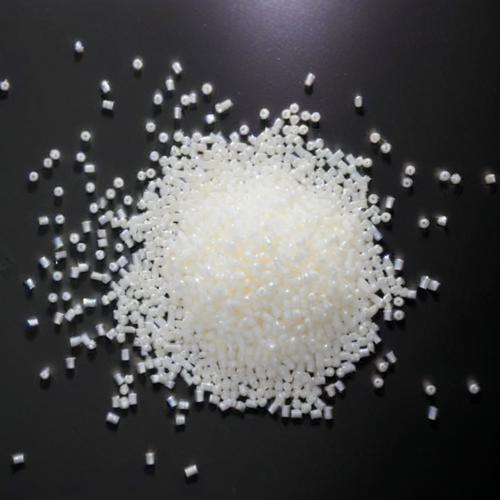
Urea is a widely used nitrogenous fertilizer known for its high nitrogen content, which makes it an efficient source of nitrogen for plant growth.
1. High Nitrogen Content: Urea contains approximately 46% nitrogen by weight, making it one of the most concentrated sources of nitrogen available for agricultural use.
2. Solubility: Urea is highly soluble in water, which allows for easy application and absorption by plants.
3. Versatility: It can be applied in various forms, including granules and prills, and can be used in different agricultural settings, from large-scale farming to home gardens.
4. Environmental Considerations: While urea is an effective fertilizer, it can contribute to environmental issues such as nitrogen leaching and ammonia volatilization if not managed properly. Controlled release urea products have been developed to mitigate these concerns.
5. Economic Benefits: Due to its high nitrogen content, urea offers a cost-effective solution for nitrogen fertilization, reducing transportation costs per unit of nitrogen.
6. Compatibility: Urea can be blended with other fertilizers and soil amendments, providing a customizable approach to nutrient management.
7. Safety: Urea is generally considered safe for use in agriculture, but it is important to follow application guidelines to prevent issues such as ammonia toxicity.
These core features highlight the importance of urea in modern agriculture and its role in supporting plant growth and crop yield.
